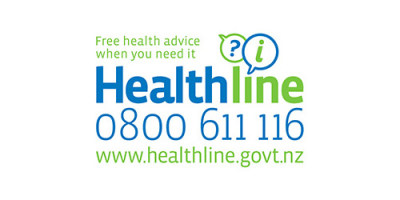Alcohol harm prevention
Alcohol-related harm
Te Whatu Ora - Health New Zealand, Nelson Marlborough and its Public Health Service aim to reduce alcohol-related harm in its regions.
We acknowledge that:
- some population groups experience a disproportionate amount of this harm,
- alcohol use is a major risk factor in numerous health conditions, injuries and social problems, and
- alcohol-related harm costs the health sector significant money, time and resources.
Alcohol health promotion
Te Whatu Ora - Nelson Marlborough's Public Health Service:
-
applies multilayered, evidence-based approaches to reduce alcohol-related harm. These include reducing young people's access to alcohol, modifying the drinking context and influencing attitudes towards alcohol,
- works with other agencies to increase local community resilience, promote alcohol-free environments and encourage communities to have a say on alcohol licenses in their areas, and
- participates in alcohol-related policy and legislative processes.
Alcohol licensing
Te Whatu Ora - Nelson Marlborough's Public Health Service works under the Sale and Supply of Alcohol Act 2012 framework to:
-
Investigate all applications for:
- on licences (eg, pubs and restaurants)
- off licences (eg, supermarkets and liquor retailers)
- club licences (eg, sports clubs, RSAs)
- special licences (short-term licences for events)
- Investigate the 'host responsibility' measures required to minimise alcohol-related harm
- Collaborate with the New Zealand Police and council licensing inspectors to monitor licensed premises and to encourage the public to participate in alcohol licensing decisions.
Community submissions on licence applications
Concerned about an application for a new or renewed alcohol licence in your community? How to have your say:
The law now gives communities a stronger voice on decisions about the sale, supply and consumption of alcohol in their community.
You can oppose an application for the issuing or renewal of an alcohol licence in your community if you have a ‘greater interest’ in the application than the public generally.
A person with a ‘greater interest’ could, for example, be someone living or working in the same neighbourhood or township as the proposed or existing bar, bottle store, supermarket/grocery store or café/restaurant . They could also be representatives of nearby schools, early childhood facilities, maraes, community centres, care facilities, health services, libraries, churches and family and community support agencies.
Your feedback to licence applications is extremely important, as community feedback helps the District Licensing Committee make appropriate decisions as to whether a licence should or should not be granted, and if it is granted whether any conditions should be put in place.
Find information about making community submissions on licence applications, including sample letter templates and links to useful resources here.
Find the public notices for applications for:
Find inforamation about objections:
Related Links
The Plan: Resources for parentsPage last updated: 29/03/2023





